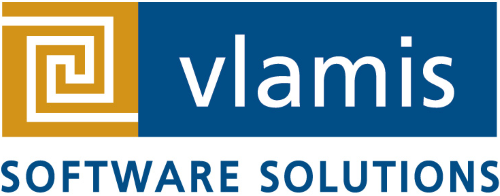Everyone knows that change is the only constant in life. People will inevitably come and go from your analytics team. You cannot prevent it – but you can prepare for it so that personnel transitions result in minimal disruptions.
The need to retain organizational knowledge is especially vital in the world of analytics. Analytics systems are complex and businesses rely on high-quality data to make strategic decisions. Without well-trained people in place, faulty data might go undetected, and decisions could be made based on bad numbers.
So how do you mitigate the impact of staff departures and retain knowledge at an organizational level? In this article, I offer some best practices based on my years of experience in the analytics world.
Be Prepared
First, always be proactive. Do not wait until you receive two weeks’ notice from a key employee to take action. By then, it is too late to capture all the knowledge in that person’s head. Instead, the process of knowledge retention should be an ongoing organizational activity.
The keys to building and retaining knowledge are documentation, training, and networking.
Documentation
The importance of documenting standards and best practices cannot be overstated. Ensure that every job and task is documented – from building data warehouses to performing analyses. Once the standards are documented, follow them, and keep them updated. This will ensure consistency across departments and help establish a viable knowledge base.
Store the knowledge base in a centralized location, such as a shared drive, that everyone can access as needed. This is especially important in the days of remote work.
Training
Everyone should be trained in how to perform their job well, and having documentation about each job helps with that. To avoid creating knowledge silos, cross-train your team members so that more than one person on the team has the knowledge to perform each job. Avoid having one person be the sole keeper of vital information or the only one who can perform a specific task.
Networking
Maintain a network of people with the skills and industry knowledge needed to quickly backfill positions. Grow your contacts by attending conferences (virtual for now, but someday again in person), connecting with software vendors by attending their sponsored events, and taking an active role in the analytics community through involvement in user groups (both local and national).
The more people you know in the analytics community, the more resources you will have at your fingertips when someone on your team leaves. If you have an urgent need, a consultant can serve in the interim as a short-term solution. That can be far better to do than hiring someone in a hurry who ends up being a bad fit for the job.
Foster a Knowledge Culture
Intentionally or not, people sometimes hold on to information instead of sharing it. Technical people often like to solve one problem after another, without taking the time to document what they’ve done. Some people also view having valuable information as a kind of job security.
To combat that, managers need to let people know they are secure in their role and can feel comfortable sharing their knowledge and skills. The documentation and sharing of knowledge too often take a back seat but are as important as the work itself.
When people can learn from each other, the organization as a whole is smarter and people are happier. So when it comes to critical, technical information, reward openness.
It’s also important to give people the time to document important knowledge. To prepare for the loss of a CIO or other higher-level role, ensure those people have assistants who are kept in the loop through standups and regular meetings so they have access to needed information. Empower team members at all levels to make decisions.
Recap
In order to have a smooth process of retaining knowledge when a key member of the analytics team leaves, it’s crucial to be proactive. Ensure that employees feel secure in their roles and understand the value of sharing knowledge. Document standards and best practices, cross-train employees and grow your network of analytics professionals. Do that, and you’ll develop a learning-focused, collaborative team that can handle any personnel changes that come your way.



